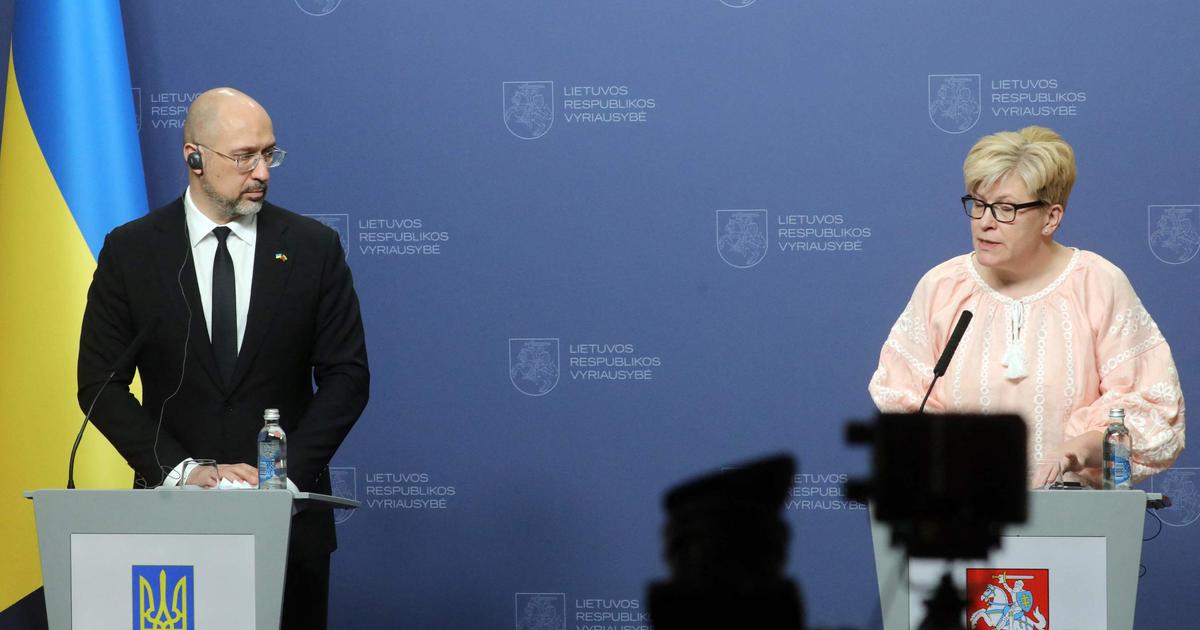Enlarge image
Italian soldiers from the KFOR mission in the town of Mitrovica in northern Kosovo
Photo: STRINGER / AFP
In the border conflict between Serbia and Kosovo, Kosovar Prime Minister Albin Kurti has called for a larger presence of NATO troops in his country.
"A significant increase in NATO soldiers and military equipment in our country would improve security and peace in Kosovo and in the entire Western Balkans region," Kurti told the "Welt."
Kurti also announced that Kosovo is increasing defense spending and the number of its soldiers and reservists.
"An increase in the number of soldiers in the NATO peacekeeping force KFOR would support our defense efforts," said the head of government.
The KFOR mission has been responsible for security and stability in Kosovo since 1999.
According to the Bundestag mandate, up to 400 German soldiers can continue to take part in the mission in Kosovo.
Around 70 are currently in use there.
According to NATO, Kfor currently has a total of almost 3,800 task forces from 28 countries.
The border conflict between Serbia and Kosovo has escalated in recent weeks.
Shortly before the turn of the year, the situation eased somewhat after Kosovo opened two more border crossings.
The crossings had been closed since December 10th.
Merdare, the largest border crossing to Serbia, had previously been opened.
Ethnic Serbs in northern Kosovo blocked roads for weeks to protest against the government in Pristina.
They refuse to recognize the region's independence.
Serbia designates Kosovo as an autonomous Serbian province.
The dispute raised international concerns as Serbia put its army on alert.
NATO called for restraint and a willingness to engage in dialogue.
The opening of the border crossings followed a pledge by ethnic Serbs to lift road blockades.
The alert of the Serbian armed forces was also lifted on Thursday.
Kurti: Men with insignia of the Wagner mercenary troop at barricades
According to Kurti, the street barricades that had been erected on the Serbian side of the border involved men wearing badges from the Russian mercenary group Wagner and the nationalist Russian motorcycle club Night Wolves.
This makes "the need for additional NATO troops just as clear as the accumulation of Serbian troops and artillery along the Kosovar border," said the Kosovar head of government.
The conflict between the countries has been smoldering for more than 20 years.
In 2008, with Western support, Kosovo declared its independence.
This was preceded by a war in 1998 and 1999, in which NATO intervened to protect Albanian civilians.
Until 2008, the UN mission Unmik had administered Kosovo.
Belgrade is encouraging the Serb minority in northern Kosovo in their attempts to defy the authority of the Pristina government.
Russia, on the other hand, is considered a close ally of Serbia and recently pledged its support to Belgrade again in the conflict.
svs/AFP







